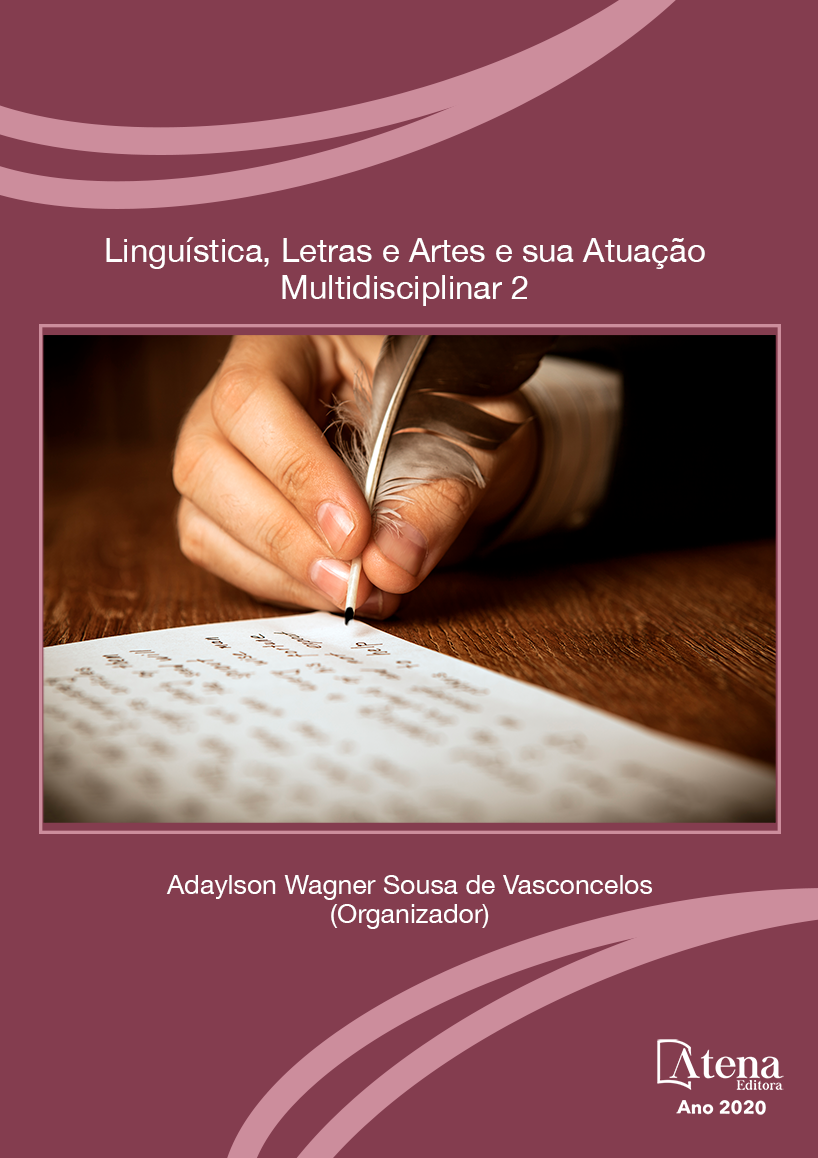
A PERSPECTIVA INTERACIONISTA NO ENSINO-APRENDIZAGEM DE PORTUGUÊS COMO LÍNGUA MATERNA E COMO LÍNGUA ESTRANGEIRA.
Este trabalho traz discussões teóricas a respeito do ensino-aprendizagem da língua portuguesa em contextos de língua estrangeira e língua materna dentro de uma perspectiva interacionista, com o objetivo de fornecer subsídios teóricos para professores e pesquisadores nos campos de PLE e PLM e nos estudos de Linguista Aplicada. A insistência do ensino tradicional metalinguístico nas salas de aula mostra a necessidade de continuarmos com os estudos que reforçam a importância da língua como lugar de interação em ambos os campos, já que apresentam interferências e, ao mesmo tempo, relações que beneficiam as duas áreas. Além disso, segundo Corder (1967, apud VENTURI, 2013, p. 121) é importante para o professor de línguas não apenas “conhecer a teoria da linguagem para sistematizar o assunto ensinado”, mas também “ser um pesquisador dos problemas de aquisição de uma língua estrangeira como aprendizes reais, num contexto institucional”, o que ressalta a importância dos subsídios disponibilizados em trabalhos sobre aquisição da linguagem. No que tange especificamente ao ensino de PLE, o estudo se mostra importante devido à crescente expansão da Língua Portuguesa nos últimos anos como língua falada por não nativos, tanto em instituições de ensino superior em vários países, como em contextos profissionais no Brasil, com uma crescente quantidade de estrangeiros que chegam ao país com o objetivo de trabalhar ou estudar, seja de forma permanente ou temporária. Essa demanda leva à necessidade de ampliação do conhecimento por parte dos professores para um trabalho mais eficiente, contribuindo com a expansão do conhecimento e ensino da língua portuguesa no Brasil e no mundo.
A PERSPECTIVA INTERACIONISTA NO ENSINO-APRENDIZAGEM DE PORTUGUÊS COMO LÍNGUA MATERNA E COMO LÍNGUA ESTRANGEIRA.
-
DOI: 10.22533/at.ed.0672023075
-
Palavras-chave: português como língua estrangeira; português como língua materna; perspectiva interacionista; ensino.
-
Keywords: Portuguese as a foreign language; portuguese as a mother tongue; interactionist perspective; teaching.
-
Abstract:
This paper brings theoretical discussions about the teaching-learning of the Portuguese language in contexts of foreign language and mother tongue within an interactionist perspective, with the objective of providing theoretical subsidies for teachers and researchers in the fields of PLE and PLM and in studies of Applied Linguist. The insistence of traditional metalinguistic teaching in classrooms shows the need to continue with studies that reinforce the importance of language as a place of interaction in both fields, since they present interferences and, at the same time, relationships that benefit both areas. Furthermore, according to Corder (1967, apud VENTURI, 2013, p, 121) it is important for the language teacher not only “to know the theory of language to systematize the subject taught”, but also “to be a researcher on the problems of acquiring a foreign language as real apprentices, in an institutional context ”, which highlights the importance of the subsidies available in works on language acquisition. With regard specifically to the teaching of PLE, the study is important due to the growing expansion of the Portuguese language in recent years as a language spoken by non-natives, both in higher education institutions in several countries, and in professional contexts in Brazil, with a increasing number of foreigners arriving in the country with the objective of working or studying, either permanently or temporarily. This demand leads to the need for the expansion of knowledge on the part of teachers for more efficient work, contributing to the expansion of knowledge and teaching of the Portuguese language in Brazil and in the world.
-
Número de páginas: 13
- Mônica Mano Trindade Ferraz
- Laíza da Costa Soares Araújo


